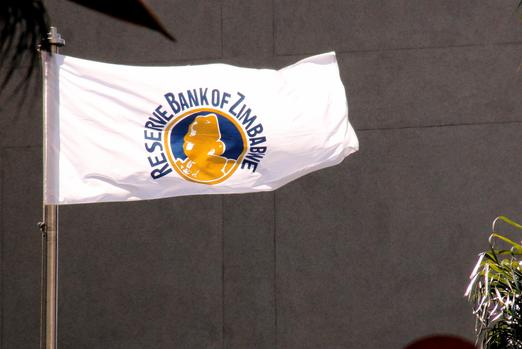The Reserve Bank of Zimbabwe (RBZ) has allocated an unspecified amount of foreign currency to the pharmaceutical industry in a frantic move to avert a potentially devastating drug shortage in the country.
RBZ governor John Mangudya told the Daily News yesterday that the central bank had made the disbursement.
This follows an exposé by Zimbabwe's leading daily which reported that a critical shortage of drugs was looming as pharmacies struggle to stock due to biting foreign currency challenges, which have forced them to hike prices of essential medicines.
"We allocated forex this week to the players in the pharmaceutical industry and we are going to continue to prioritise them," said Mangudya, who declined to disclose the amount disbursed.
"It is because forex is such a critical resource that we have put measures to incentivise the export of goods and services and remittances."
Industry players confirmed receiving the disbursement, but said it came far too late and in very insignificant amounts which were less likely to make a notable impact.
"I just got confirmation from some of the importers and the common sentiment is the allocated amounts are a far cry from what is needed.
"The industry actually wrote to the governor about a month ago seeking a lasting solution as current intermittent interventions are inadequate to maintain the smooth flow expected in the provision of medicines.
"What we need is a standing facility to fund these importations and capacitate local production so that we reduce our importation requirements and who knows, the industry may start exporting in meaningful proportions to reduce the import bill," Retail Pharmacists Association chairperson, Portifa Mwendera told the Daily News.
"As retailers, we are the face of the industry for both the private sector and the public sector and any upheavals up the supply side negatively affects us.
"As the forex shortages are affecting foreign payments, we have seen product shortages on the market as importers and manufacturers wait on funding for their inbounds.
"With our market being made up of anything upwards of 90 percent in the foreign component, this makes for a very desperate situation while the imports are held up due to payment issues.
"The importers and distributors have had to change trading terms due to delays in the banking system with a number now prioritising cash rather than transfers and stopping the credit terms which had been the norm in the trade," he added.
Zimbabwe is now relying on foreign imports for its drugs, equipment and hospital consumables and imports over $400 million worth of basic drugs each year.
In terms of RBZ arrangements, pharmaceutical companies willing to import finished medicines or raw materials approach their banks and request payment of certain specific amounts to their foreign trading partner through the bank's nostro accounts.
Nostro accounts are accounts that banks in foreign currency with another bank outside the country. The bank would then request approval from the RBZ, which then does its allocations depending on the available foreign currency reserves.
- dailynews
 Concern over Masvingo black market
Concern over Masvingo black market  Kenya declares three days of mourning for Mugabe
Kenya declares three days of mourning for Mugabe  UK's Boris Johnson quits over Brexit stretegy
UK's Boris Johnson quits over Brexit stretegy  SecZim licences VFEX
SecZim licences VFEX  Zimbabwe abandons debt relief initiative
Zimbabwe abandons debt relief initiative  European Investment Bank warms up to Zimbabwe
European Investment Bank warms up to Zimbabwe  Young Investment Professional (YIP) Graduate Programme 2019
Young Investment Professional (YIP) Graduate Programme 2019 











 Young Investment Professional (YIP) Graduate Programme 2019
Young Investment Professional (YIP) Graduate Programme 2019
Editor's Pick